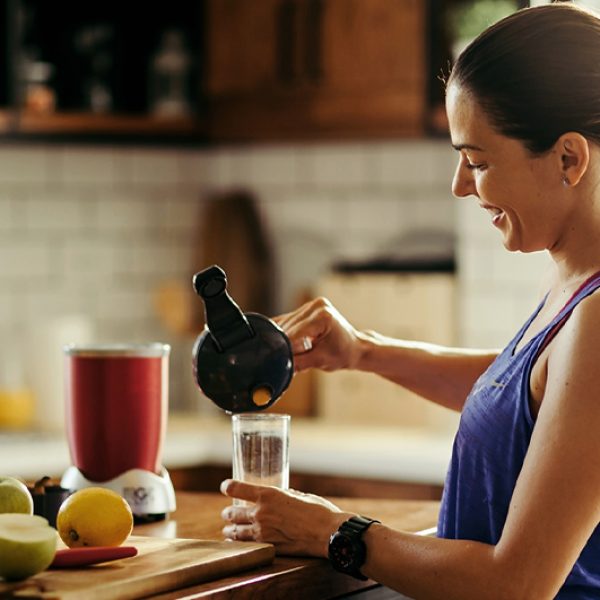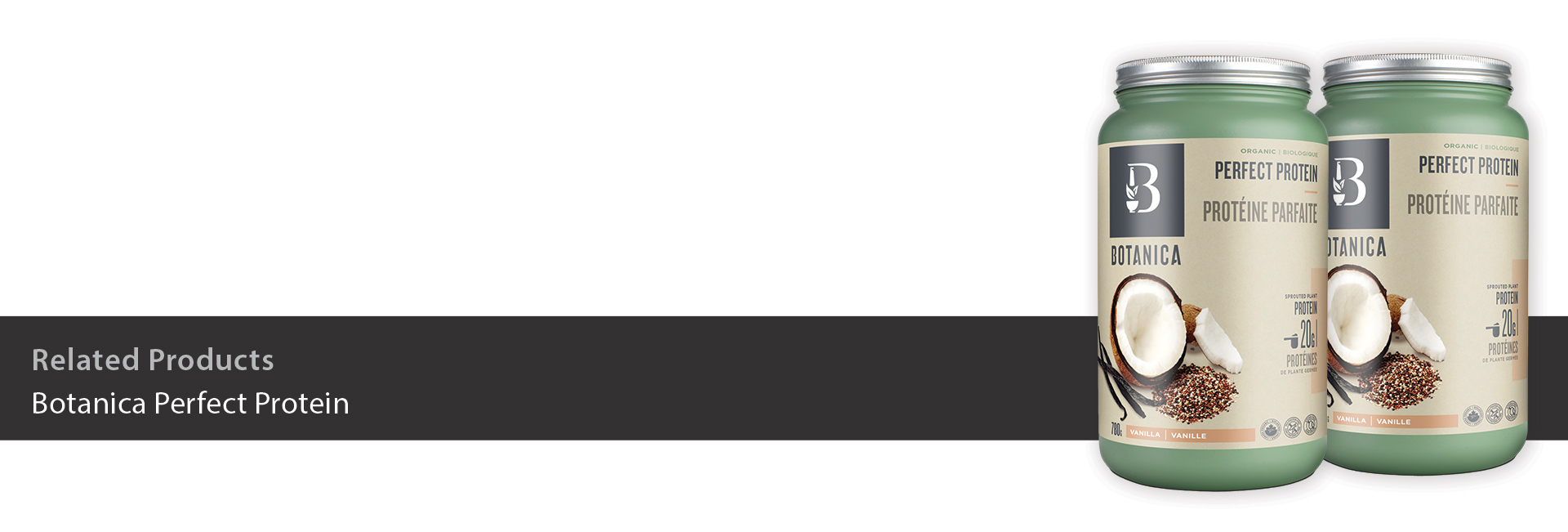

Choosing The Perfect Vegan Protein
More people are exploring plant-based diets with various motivating factors from environmentalism to animal rights and personal health goals. Many more are increasing the ratio of plant-based foods while remaining omnivorous.
In the early days of protein supplements, the options were egg-based and then dairy (whey) based. Eventually, protein powders made from soybeans came along. Unfortunately, all three of those protein sources are very common allergens. So, in the last few decades, there has been a rise in alternative protein powders derived from plants like peas, brown rice, hemp, pumpkin seeds, etc.
The main difficulty with vegan protein sources is that many of them are incomplete proteins. They are low in one or more key amino acids. Rice, for example, is low in the essential amino acid lysine1 required for collagen synthesis2 and helping prevent the replication of herpes simplex viruses3. Consciously combining a few plant-based protein sources is vital for ensuring a balanced essential amino acid profile.
Digestibility can also be a challenge with vegan protein powders from legumes like soy and pea. They are notoriously difficult to digest and can cause gas, bloating, or “heavy” digestion.
Botanica’s Perfect Protein
With a goal of supporting the planet and the people who live on it, Botanica put together their protein powder using only organic, non-GMO ingredients (including organic flavour!) Botanica uses three sources of whole food protein: quinoa, brown rice, and coconut. The organic flavour includes tapioca, vanilla, cocoa (for the chocolate only!), and monk fruit as a flavour enhancer.
Quinoa IS a complete protein. However, the balance of amino acids, particularly the essential amino acids, is improved by blending them with additional sources of protein from brown rice and coconut.
Whole food protein powders offer the body more than just a protein boost. Since they are not heavily extracted protein isolates that deliver only the protein found within the plant, whole-food proteins also supply some fibre, fat, vitamins, and minerals from the original plant. In addition to delivering an improved nutritional profile over isolated protein, whole food protein powders also contribute to increased satiety (feeling of fullness) through the fat and fibre. This, in turn, is helpful for blood sugar balance and weight management.
The brown rice protein used in Botanica’s Perfect Protein is treated with enzymes to digest the abundance of carbohydrates found in rice. This leaves behind the protein, fat, fibre, and nutrients. The quinoa and coconut are also minimally processed to ensure the wisdom of nature is present in the final product while consciously creating a clean, digestible, plant-based protein powder.
New Improved Formula
An additional challenge with vegan proteins can be the texture. Botanica has recently reformulated their Perfect Protein to have a smoother, creamier texture (practice makes things even more perfect, right?)
By tweaking the coconut protein source slightly and adding in a small amount of organic acacia fibre, Botanica’s Perfect Protein blends more easily. It has a more pleasing mouth feel so that it’s even easier to meet your protein needs from organic plants!
Try Botanica’s improved Perfect Protein powders in smoothies or smoothie bowls, or check out Botanica’s Recipes for inspiration and ideas of how else to work it into your diet. Enjoy!
